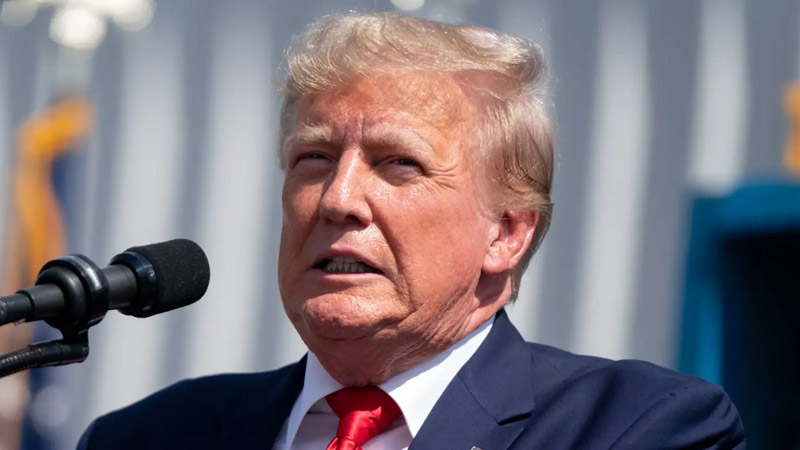Despite former President Donald Trump’s endorsement, a series of Republican candidates he backed suffered setbacks in recent primaries, highlighting the limits of his influence within the party. In a series of races across Utah, South Carolina, and Colorado, Trump-endorsed candidates failed to secure victories, marking a notable deviation from his typically strong track record this election cycle.
In Utah, Trump threw his support behind Riverton Mayor Trent Staggs to replace Senator Mitt Romney, a known critic of Trump. Despite winning the state GOP convention with Trump’s backing, Staggs could not translate this into a primary win, losing to Rep. John Curtis. Curtis, known for his willingness to criticize Trump and refusal to endorse him, capitalized on his incumbency and a divided field of lesser-known candidates, alongside significant super PAC spending.
“Weighing all factors, the court determined the defendant was suitable and granted the defense request for mental health diversion,” the release said.
Colorado presented another challenge to Trump’s influence. State GOP Chair Dave Williams, who had caused internal strife with controversial statements and accusations of misusing party funds, lost his primary bid to conservative commentator Jeff Crank. Substantial funding from conservative super PACs supported Crank, reflecting a strategic push by mainstream GOP groups to curb hard-liners who could jeopardize legislative agendas.
In South Carolina, pastor Mark Burns, known for his extreme views and personal controversies, narrowly lost the primary runoff to nurse practitioner Sherri Biggs. Burns’ defeat underscored the difficulties Trump’s candidates faced when personal controversies and aggressive outside spending converged.
These losses are part of a broader pattern where mainstream Republican groups have actively worked to prevent candidates who align closely with Trump’s more divisive tactics from securing nominations in safely Republican districts. This effort is aimed at avoiding potential disruptions within the legislative body and maintaining a more moderate Republican presence in Congress.
However, it wasn’t all setbacks for Trump-backed candidates. In Colorado’s competitive 8th District, state Rep. Gabe Evans, endorsed by Trump and House Speaker Mike Johnson, won his primary, showcasing that Trump’s support still holds sway in certain contexts. Additionally, Rep. Lauren Boebert, another Trump endorsee, secured her nomination in a newly drawn safer district.
The mixed results from these primaries illustrate the nuanced impact of Trump’s endorsement in the current political landscape, where his backing can significantly influence outcomes but isn’t guaranteed to overcome all obstacles. As the political season progresses, these outcomes may signal shifting dynamics within the Republican Party as it grapples with internal divisions and prepares for general electoral contests.


